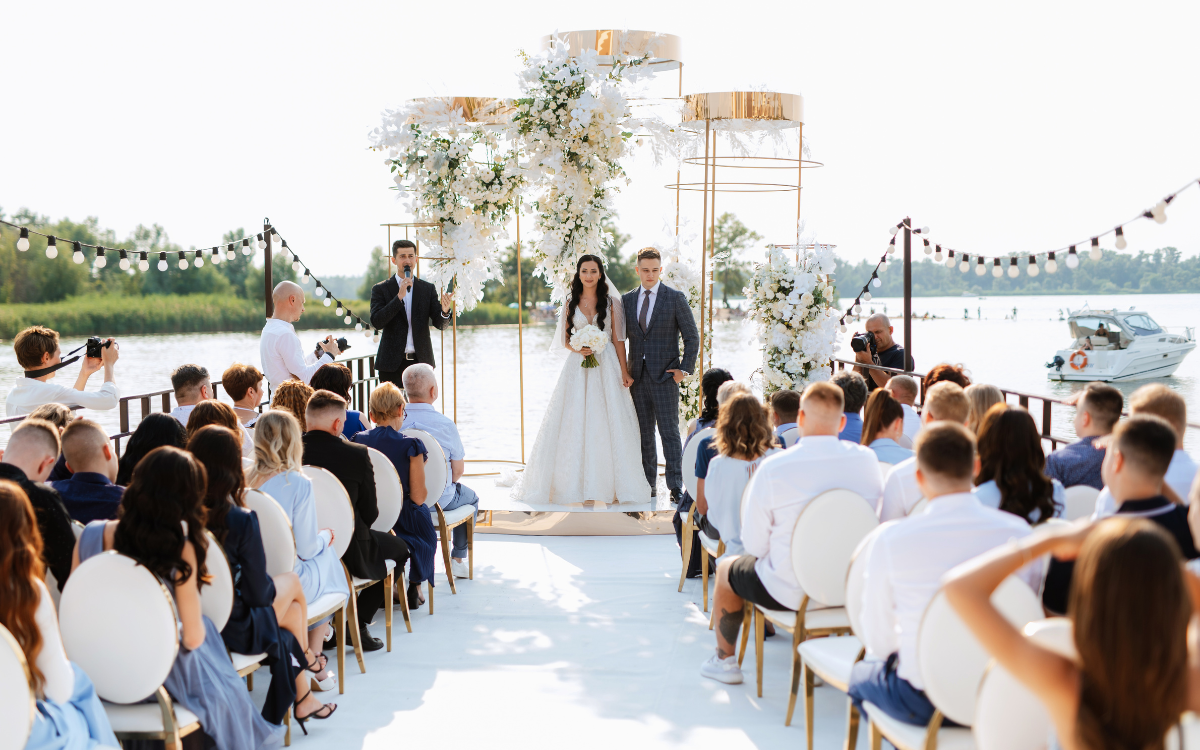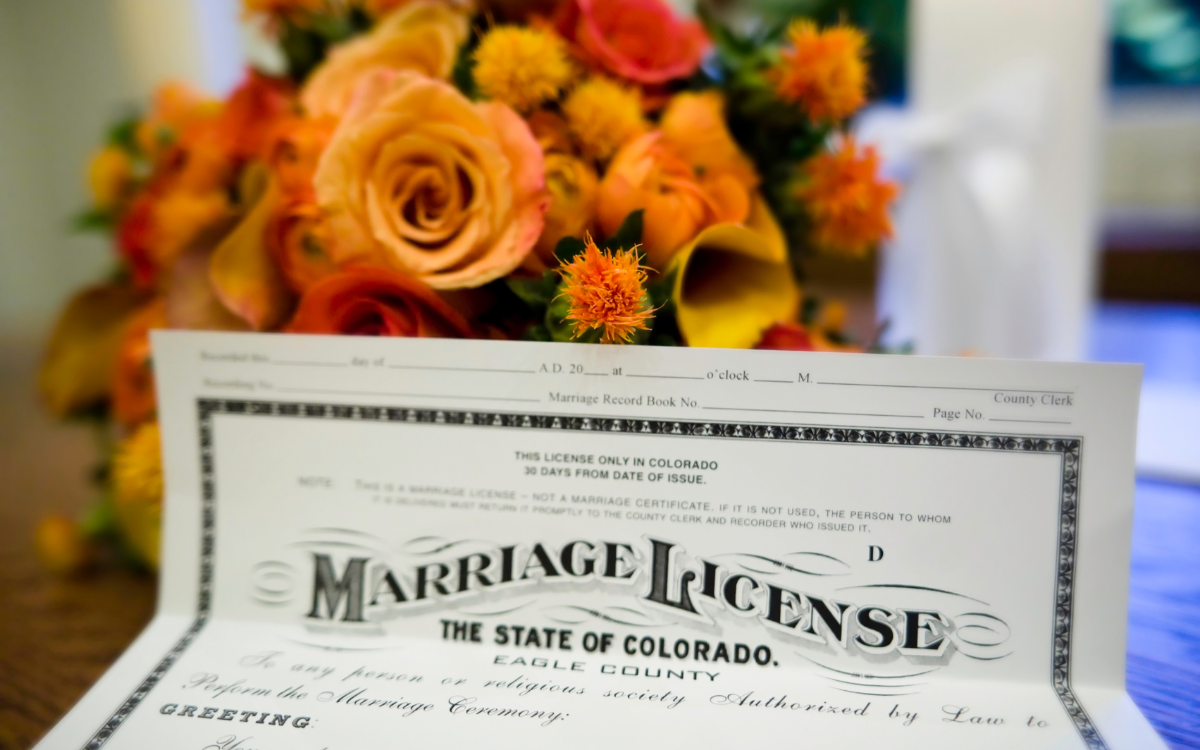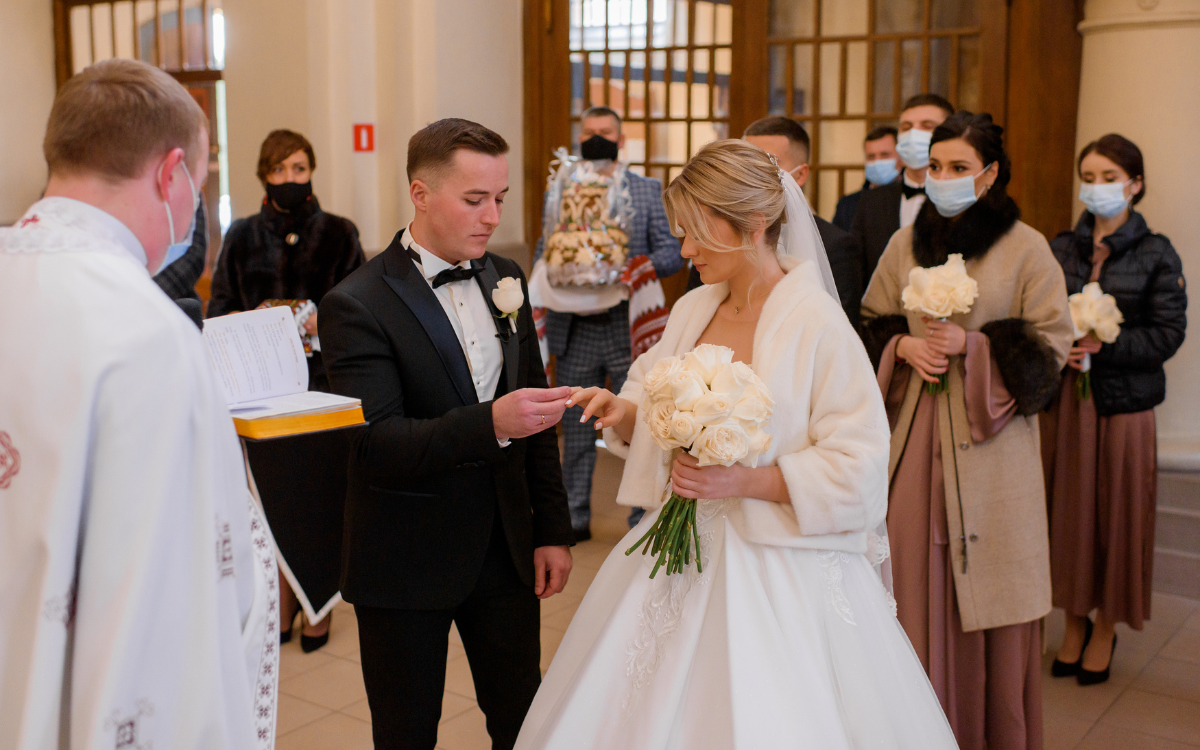1. Understand the Role of a Wedding Witness

As a wedding witness, your main responsibility is to sign the marriage certificate after the ceremony. This legally validates the marriage. Beyond signing paperwork, you will also stand up with the couple during the ceremony in a place of honor. Most couples choose witnesses they are very close to, so being asked is a meaningful gesture. When you serve as a witness, you agree to support the couple not just on their wedding day but throughout their marriage.
2. Be Available to Sign the Marriage License
An essential duty of a wedding witness is to sign the marriage license after the ceremony concludes. This legally certifies the marriage. Check with the couple or wedding planner about when and where you’ll need to sign. Make sure you arrive with plenty of time to spare so you are ready for this important moment. Your signature validates the couple’s union, so take this responsibility seriously.
3. Attend the Wedding Ceremony

As a wedding witness, you’ll have a special role in the wedding ceremony itself. You’ll likely stand up at the altar with the couple and participate in the service in some way. Pay close attention so you know when you need to speak or move. Dress formally, as you’ll be prominently on display. Your presence and participation honors the couple on their big day. Smile and focus on celebrating their joyous union.
4. Act as a Legal Witness to the Marriage
An essential responsibility as a wedding witness is to legally validate the marriage. In most states, witnesses must be 18 or older and not have a familial relationship to the couple. Pay close attention during the ceremony so you can attest to events accurately. After the ceremony, you may need to sign your name to the marriage certificate along with the couple and other witnesses. Your signature verifies that you witnessed the marriage taking place, making it legally binding. Take this duty seriously, as your witness provides legal proof of the marriage.
5. Provide Identification to Sign Paperwork
As a wedding witness, you may need to show valid ID to sign the marriage certificate and other legal paperwork. This is to validate your identity and role in witnessing the marriage. Bring a current government-issued ID like a driver’s license, passport or state ID card. Make sure your ID isn’t expired to avoid issues. Having proper ID on hand streamlines the paperwork process. Take care not to lose your ID during wedding festivities. Fulfilling this vital role as a legal witness requires verifying your identity. With ID ready, you can focus on celebrating with the newlyweds rather than scrambling to prove who you are.
6. Confirm Details on the Marriage License

Before signing as an official wedding witness, double check that all the details on the marriage license are accurate. Carefully review the names of the couple getting married to make sure they match the bride and groom. Also verify the date and location of the wedding ceremony. Review any other pertinent information on the form as well, like the officiant’s name. Ask the couple or officiant if you have any questions or notice any discrepancies. You want to ensure all information is precise before providing your signature and seal of approval. Signing off on the license confirms everything is factual and legal. So take a few moments beforehand to validate all the key facts. With details confirmed, you can confidently sign as a fully-informed witness.
7. Keep Copies of Signed Documents
Once you officially sign the marriage license as a witness, ask the couple or officiant for copies of the completed paperwork. Having your own records can be useful for various reasons down the road. You may need to verify dates, names, or other specifics if any questions arise later. The couple may also want to reach out months or years later to ask you to confirm details or provide copies. So keep your own files in a safe place where you can access them when needed. Digital copies stored securely online or physical copies locked in a safe deposit box are good options. Just be sure to store any copies responsibly and be able to provide them confidentially if requested by appropriate parties.
People Also Asked (FAQs)
What are the responsibilities of a wedding witness?
A wedding witness primarily needs to observe the ceremony and sign the marriage license. They also help ensure the legal requirements of the wedding are met.
Can anyone be a wedding witness?
Yes, as long as they meet the legal age requirement and are mentally capable of understanding the event. They do not need to be related to the couple.
How many witnesses do you need at a wedding?
Typically, you need two witnesses, one for each partner. However, this can vary based on local laws and regulations.
Do wedding witnesses need to bring anything?
Usually, witnesses just need to bring a valid form of identification. They don’t need to bring anything else unless specified by the couple or the officiant.
Conclusion
Being a wedding witness is an important and honorable role. Your main wedding witness responsibilities include observing the ceremony, signing the marriage license, and helping to ensure the legalities are in order. It’s a simple yet crucial part of the wedding that helps the happy couple start their new life together on the right foot! If you’re asked to be a witness, feel proud and enjoy the special moment.

